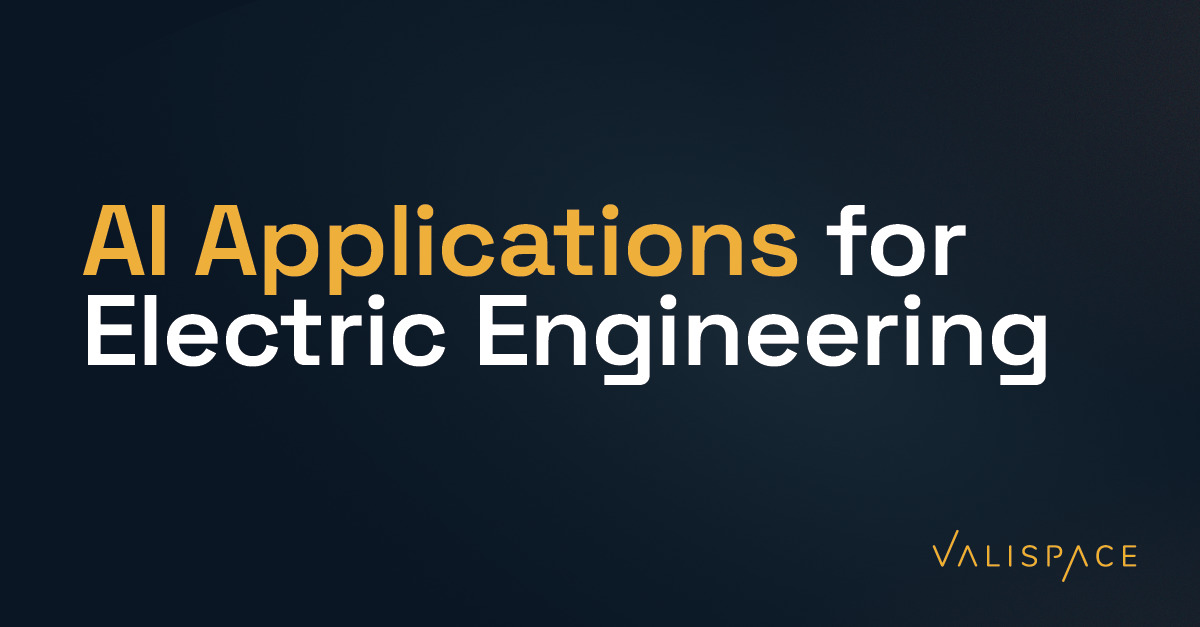
AI’s Bright Impact on Electrical Applications
The integration of AI in modern engineering has been a game-changer, illuminating new paths to innovation and efficiency. The fusion of AI in electrical applications is not just a mere enhancement; it’s a revolutionary step that reshapes how we interact with and manage electrical systems. From smart grids to energy-efficient buildings, AI’s role is pivotal, transforming the once traditional landscape into a dynamic, responsive, and intelligent network. This transformation is marked by increased efficiency, reduced costs, and a significant leap towards sustainable energy solutions.
Enhancing Energy Systems and Management
Streamlining Energy Distribution
One of the paramount advancements brought by AI in electrical applications is the streamlining of energy distribution. By utilizing AI algorithms, energy distribution networks can now automatically balance loads and predict peak usage times. This capability not only enhances the efficiency of the grid but also minimizes energy wastage, ensuring that energy distribution is optimized to meet demand without overburdening the system.
Optimizing Consumption and Efficiency
AI plays a crucial role in optimizing energy consumption and efficiency. Through smart meters and AI-driven analytics, both consumers and suppliers can gain insights into energy usage patterns, enabling more informed decisions about energy consumption. AI’s predictive capabilities allow for the adjustment of energy usage in real-time, ensuring optimal performance of devices and systems while reducing unnecessary energy expenditure. This not only benefits the environment by lowering carbon footprints but also translates into cost savings for consumers.
Advancing Safety and Reliability
Predictive Approaches for Maintenance and Safety
Safety and reliability in electrical systems have taken a leap forward with AI’s predictive maintenance capabilities. AI algorithms can analyze data from sensors to predict potential system failures before they occur, thereby preventing accidents and ensuring uninterrupted service. This predictive approach not only enhances the safety of electrical systems but also extends their lifespan, reducing the need for frequent repairs and replacements.
Ensuring Continuous and Reliable Power Supply
AI’s ability to predict and manage energy flow ensures a continuous and reliable power supply, essential for the functioning of modern societies. By analyzing weather patterns, consumer behavior, and energy production data, AI can optimize energy allocation, ensuring that the power supply remains stable even during peak demand or in adverse weather conditions. This reliability is crucial not only for everyday convenience but also for critical infrastructures that rely on a constant power supply.
Energizing the Future of Electrical Solutions with AI
As we look to the future, AI stands as a beacon of innovation in the field of electrical engineering. Its applications in energy systems are not just enhancing current methodologies but are paving the way for more sustainable, efficient, and safe energy solutions. The integration of AI in electrical applications is a testament to the ever-evolving nature of technology and its ability to positively transform industries. With AI, we are not only addressing the current needs of our energy systems but are also setting the groundwork for a more resilient and sustainable energy future.
AI Systems Engineering Tools in the Electrical Engineering Industry
The electrical engineering industry is increasingly leveraging AI systems engineering tools, each offering specialized capabilities:
- Siemens NX: Renowned for its comprehensive suite, Siemens NX integrates AI to streamline electrical design and simulation. This integration facilitates a seamless transition from conceptual design to detailed analysis, ensuring robustness and efficiency in complex electrical projects.
- Altair HyperWorks: Altair HyperWorks employs AI to optimize design and decision-making processes. Its capabilities in simulation and advanced analytics are pivotal for electrical engineers seeking to enhance performance while minimizing costs and development time.
- Valispace: Valispace specializes in agile hardware engineering, offering a unique blend of systems and requirements engineering tools. Its AI-assisted capabilities make it invaluable for managing and coordinating multidisciplinary electrical engineering projects.
- Dassault Systèmes CATIA: CATIA, powered by Dassault Systèmes, leverages AI to provide a comprehensive 3D design environment. This platform is ideal for electrical engineers focusing on complex systems, offering tools for modeling, simulation, and analysis.
- PTC Windchill: PTC Windchill stands out with its focus on product lifecycle management, integrating AI to enhance data management and collaborative engineering efforts. This tool is essential for electrical engineers managing extensive product data and seeking efficient project execution.
